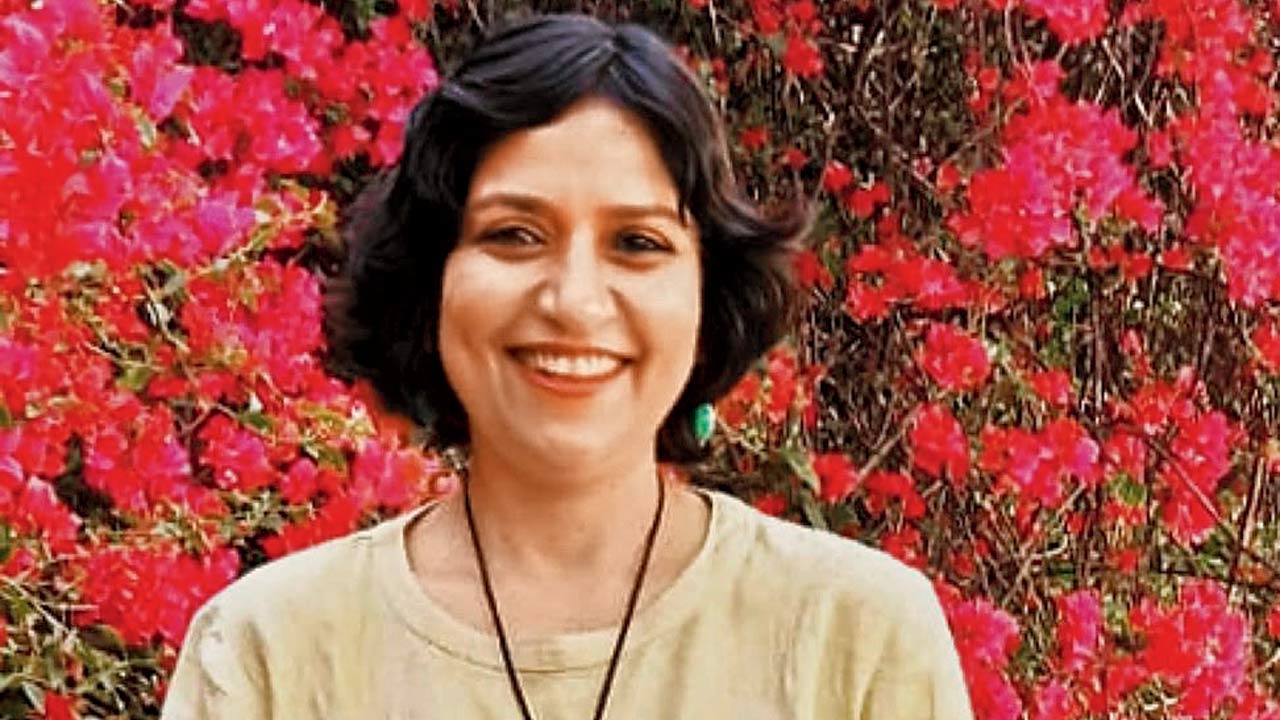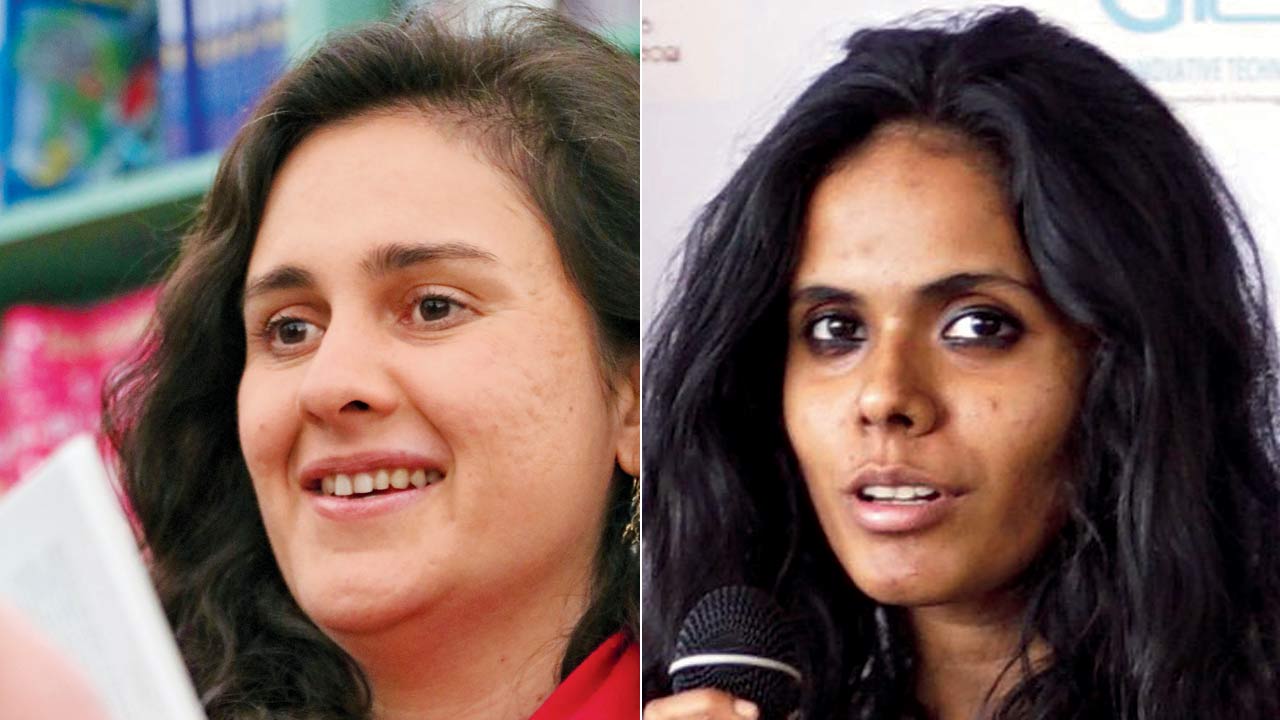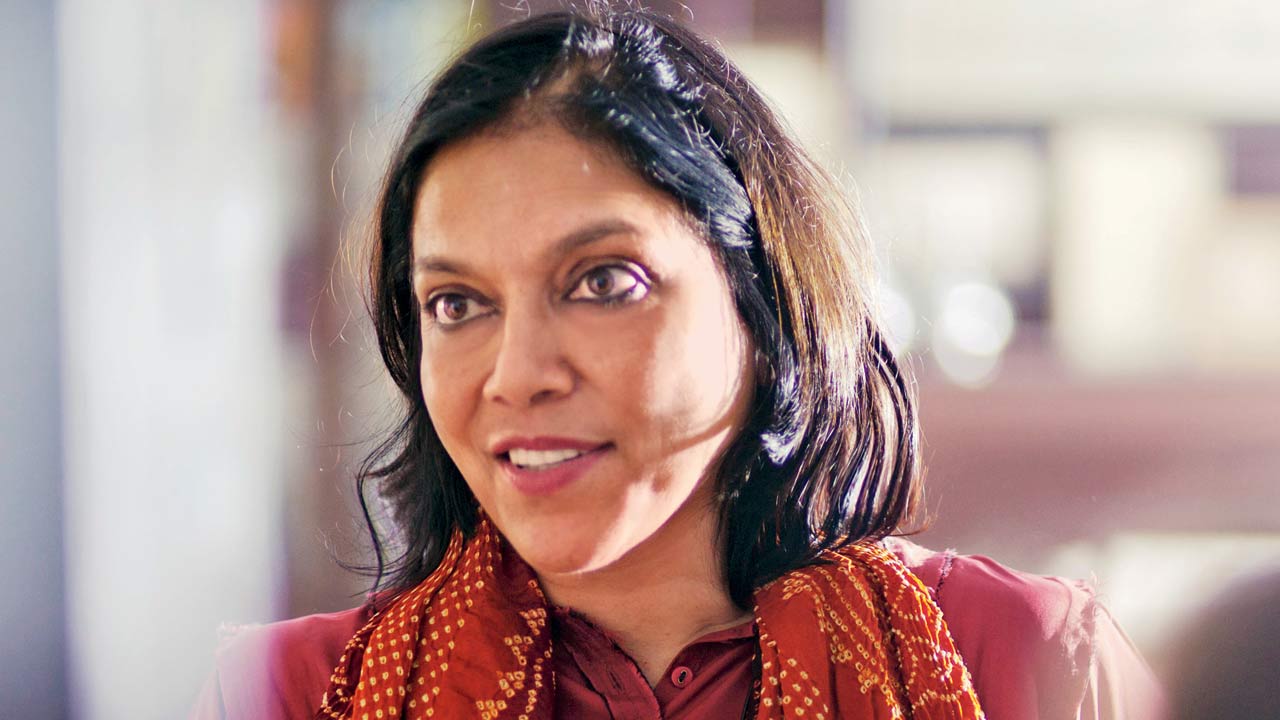If you’re a creative thinker, this new collection of interviews with established writers on their creative processes is a great addition for your bookshelf

Sonia Faleiro and Suketu Mehta
How I Write (HarperCollins India) is a collection of conversations between seasoned writers, filmmakers, and journalists, on their craft and creative processes. Artists interview artists and enrich the discussion on the challenges faced during the making of their work and the choices that helped them move ahead. Edited and compiled by author and academic Sonia Faleiro, the anthology of interviews was created as part of South Asia Speaks, a mentorship programme that supports emerging writers from South Asia on their journey into writing their first book.
ADVERTISEMENT
Here are five tips from the book that will help all creative thinkers in their journey:
1 Navigate the first draft: The biggest challenge standing between us and our creative projects is our fear of a bad first draft. It’s true for most creative endeavours. The first draft is the toughest. There’s always an itch to make edits along the way. Every creator has experienced this. Kamila Shamsie advises, “Don’t worry about making it [i.e. the first draft] good. There needs to be enough to work with.”
Manjushree Thapa echoes her sentiment, especially for work that involves any kind of research: “The research has to stop at some point. You have to recognise ‘What’s enough research?’” It cannot be an excuse for avoiding completion of that first draft. “You have to grit your teeth and get through it.”
 Pankaj Mishra
Pankaj Mishra
2 Gauge the community: There are two ways to think about communities. The first concerns the larger society that we’re a part of. In his interview, Pankaj Mishra insists that if we are approaching a society, we need to learn as much as possible about it. “Read up on those who’ve done the work before you,” he says, adding that we mustn’t restrict ourselves to speaking with people of the community alone. The second way of thinking about community is to acknowledge that we are also a part of a creative community and we need to engage with it and learn from it.
 Nilanjana S Roy
Nilanjana S Roy
3 Structure your work: Nilanjana S Roy writes about outlining and structuring one’s work. She explains, “Once I do that [i.e. lay down the structure], the imagination can float around wherever it wants to.” The biggest fear in such situations, she shares, can be that the outline would act as a barrier. On the contrary, it liberates us and allows room for play.
 Kamila Shamsie and Meena Kandasamy
Kamila Shamsie and Meena Kandasamy
4 Criticism of your work is not a criticism of you: Meena Kandasamy expresses in her interview that the only thing that we have control over is what goes into our creation before we put it out for the world to see. It’s important then, to be able to kill our darlings. ‘Be proud of [your creation], but don’t be precious,’ she writes. With creative thinkers, there is a tendency to take each feedback as an attack. It’s a natural reaction. Kamila Shamsie expands this thought. She adds that if anger is a response to the feedback we receive, we must return to our draft, especially if the anger emerges not from the person having paid little attention to the work, but from the knowledge that they are “right about something that’s deeply wrong” with the work.
 Mira Nair
Mira Nair
5 Don’t think about the fruits of action: It is easy to think about the success of a creation: the shape and form it can take. This thought is crippling. It can take away from the process of creation. Mira Nair argues that there are several “yardsticks of success” these days — a prize here and there. However, creative thinkers need to move away from thinking about such awards and other faces of success. Instead, they must focus on the work. The thought of success is also messy because, in addition to ruining our journey, it can lead to us making dangerous comparisons with other creators and artists.
Also Read: Indian flautist Pandit Ronu Majumdar: ‘Youngsters are in a hurry to perform on-stage’
Available At leading bookstores and e-stores
 Subscribe today by clicking the link and stay updated with the latest news!" Click here!
Subscribe today by clicking the link and stay updated with the latest news!" Click here!







